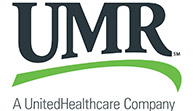Beyond controlling your risk factors, you should be alert to certain symptoms and get checked by a doctor. Common signals that something‘s wrong with your heart include angina—pain in the chest, shoulders, arms, neck, jaw or back—as well as shortness of breath, irregular heartbeat or palpitations (arrhythmia)
and fatigue.
Be aware that the symptoms of a heart attack can vary from person to person. If you’ve already had a heart attack, your symptoms may not be the same if you have another one.
Set a good example
Finally, don’t forget that you can influence your loved ones’ heart health by setting an example. Do you have children, grandchildren or other young people who look up to you? If you follow a heart-healthy lifestyle, it’s more likely that they will, too. Because heart disease begins in childhood, one of the best things you can do for those you love is to help children build strong bodies and healthy habits.
The bottom line is, it’s never too late to take steps to protect your heart. It’s also never too early. Start today to keep your heart strong. Talk to your doctor about your risk and to create an action plan. Love your heart.
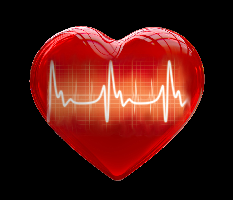


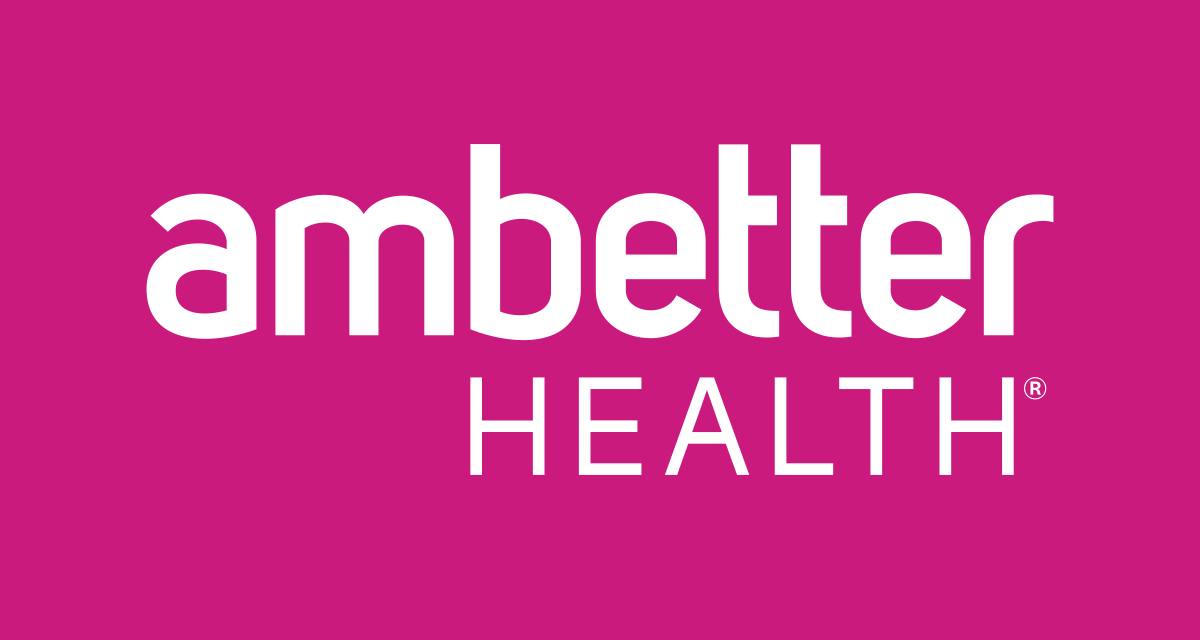


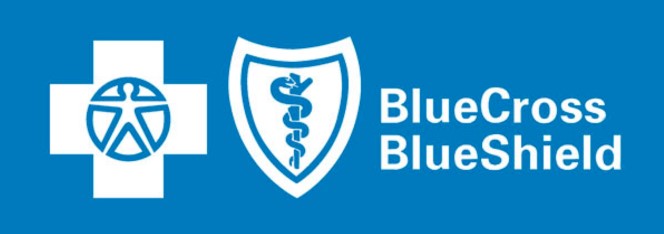
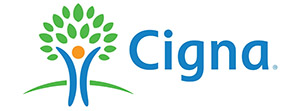

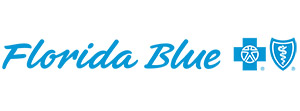




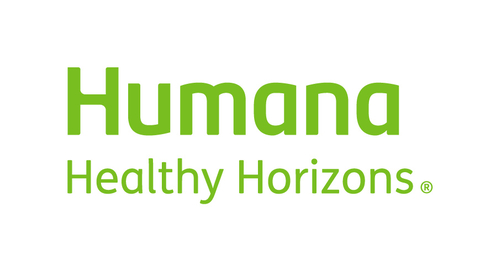

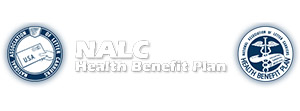
.jpg)




